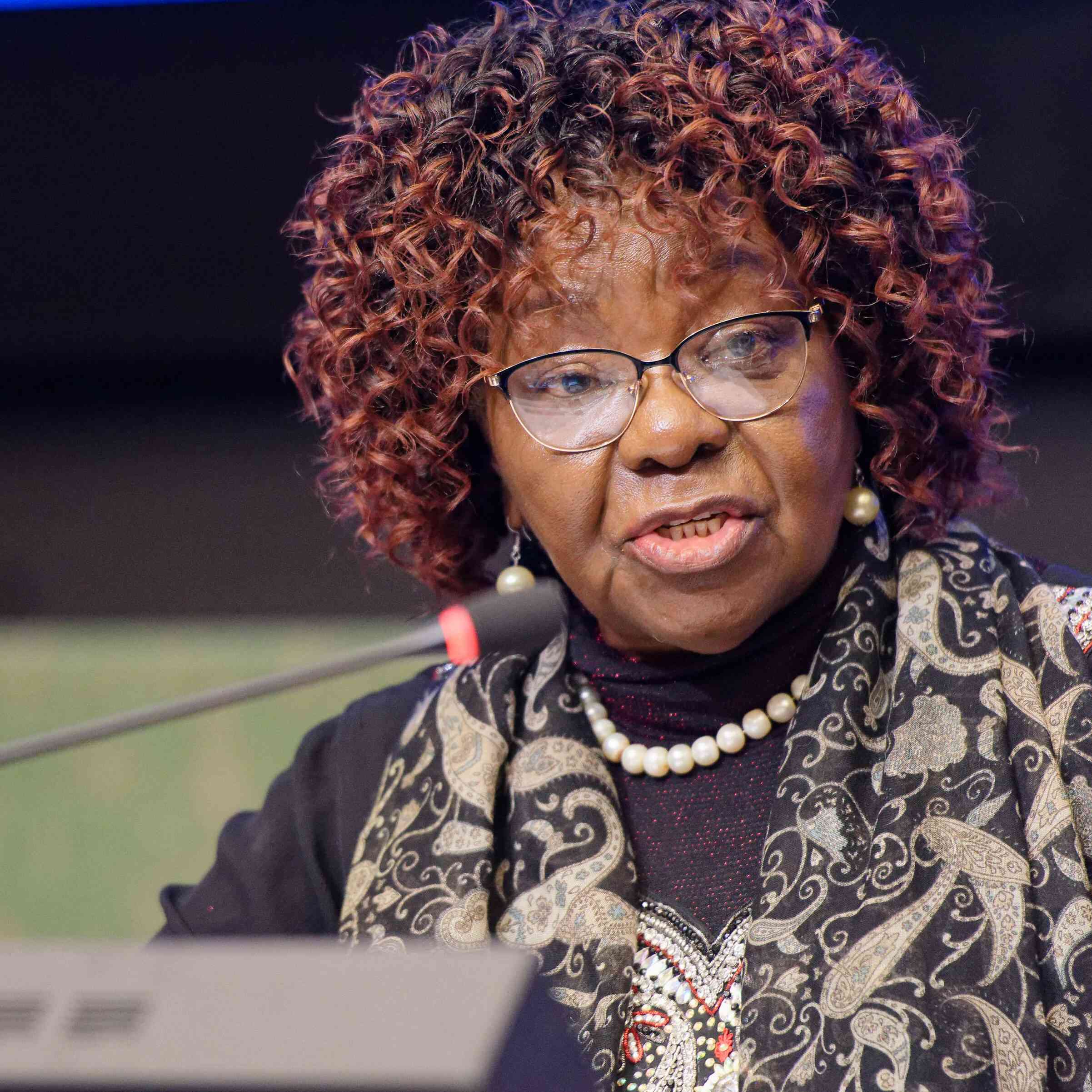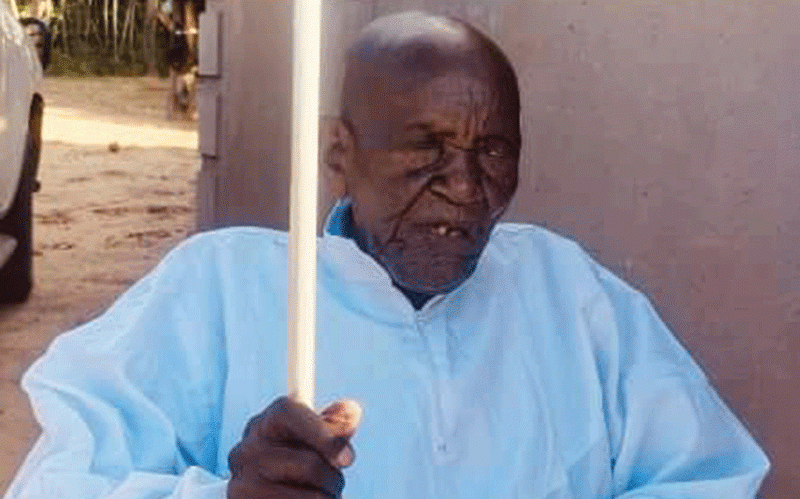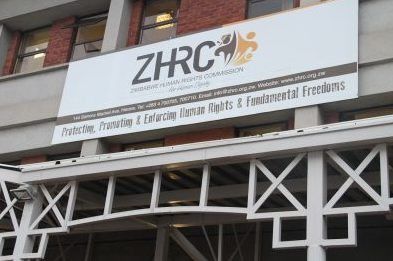
SADC member States have been urged to enhance the capability of their climate service equipment to ensure the effective mitigation of hunger and climate-related disasters.
The call comes at a time when climate change and variability over the years have posed threats to livelihoods and agriculture on the continent.
Speaking during the official opening of the 29th Southern Africa Regional Climate Outlook Forum (SARCOF 29), Environment, Climate and Wildlife minister Sithembiso Nyoni said the devastating effects of climate disasters, including the current El Niño phenomenon, should serve as a wake-up call for the need for advanced climate service equipment.
“The effects of climate variability and change are a major concern for us as Sadc member States. We have witnessed first-hand the devastating effects of the extreme weather events, erratic rainfall patterns and prolonged droughts,” she said.
“These threaten our ecosystems, food security and socio-economic stability. It is incumbent upon us to enhance our capacity in terms of coming up with more accurate and finer forecasts.”
Nyoni said there should be several interventions to speed up the process to maintain efficiency of the forecasts produced.
“These should include more parameters such as start of season, end of season and expected cumulative dry days or dry spells, as we call them in Zimbabwe.
“Our countries will be able to respond with determination and foresight using the scientific information provided by our national meteorological and hydrological services,” the minister said.
Nyoni called on her regional counterparts to ensure that the national meteorological and hydrological services are well resourced.
“This will enable them to monitor the weather and climate as well as to deliver reliable weather and climate forecasts.
“The government of Zimbabwe has already started equipping the MSD [Meteorological Services Department] with state-of-the-art weather observing equipment such as automatic weather stations and weather radars in line with the Early Warning for All initiative,” she said.
Speaking on behalf of the Sadc executive secretary Elias Magosi, the regional bloc’s infrastructure director Mapolao Rosemary Mokoena said there was an urgent need to ensure the enhancement of climate services within the region.
“As we progress, it is essential that we continue to enhance the co-production of climate services and expand the reach of the regional user interface platforms for climate services.
“These efforts are vital for transforming our forecasts into practical, sector-specific guidance that can be implemented at national and local levels,” she said.










